Why Consider Exporting?
Access. Today, improvements in trade finance, the Internet, and trade agreements have dramatically increased access to markets worldwide.
Demand. More than 70 percent of the world’s purchasing power is located outside of the United States. Your competitors are increasing their global market share, and you can too.
Profitability. Exporting can be profitable for businesses of all sizes. On average, sales grow faster, more jobs are created, and employees earn more than in non-exporting firms.
Competitive Advantage. The United States is known throughout the world for high quality, innovative goods and services, customer service, and sound business practices.
Risk Mitigation. Most companies that export have an easier time riding out fluctuations in the U.S. economy and are more likely to stay in business.
Small Businesses Have Vast Untapped Export Potential
According to the Small Business Administration, small businesses have generated the majority of net new jobs over the past decade. Helping these firms grow by selling internationally is important to our economy.
Less than one percent of America’s 30 million companies export – a percentage that is significantly lower than all other developed countries. And of U.S. companies that do export, 58 percent export to only one country. Many businesses could benefit from learning more about these international opportunities and resources available to help.
Orange County Business Community’s Export Potential is Significant
Orange County product exports have exceeded $23 billion over the last four years and are vital to the economic growth of the county and its business community. Orange County is ranked 15th in the nation among metro areas based on its economic output, and 45th largest in the world, coming ahead of Singapore which is ranked 46th.
Over the next three years, product exports are projected to increase by 3.1% to 5.8% and reach a record high of $26.6 billion by the end of 2017. Orange County’s five largest trading partners in 2014 were: Mexico ($5.3 billion), Canada ($2.6 billion), China ($2.3 billion), Japan ($1.8 billion) and South Korea ($0.9 billion). Merchandise exports to these five largest trading partners sagged dramatically, by -15.1% in 2014, to $12.9 billion. These top five destination countries accounted for roughly 56% of merchandise exports in 2014.
As a small business new to exporting, you have a variety of questions ranging from basic terminology to complex export license requirements. Getting answers to your questions is the first step in the export process. To get answers to your questions, explore exporting your products (or services) and to learn more about how you can tap into international markets to grow your business at a healthy pace, don’t miss the upcoming TradeX seminar on Tuesday, August 9.












